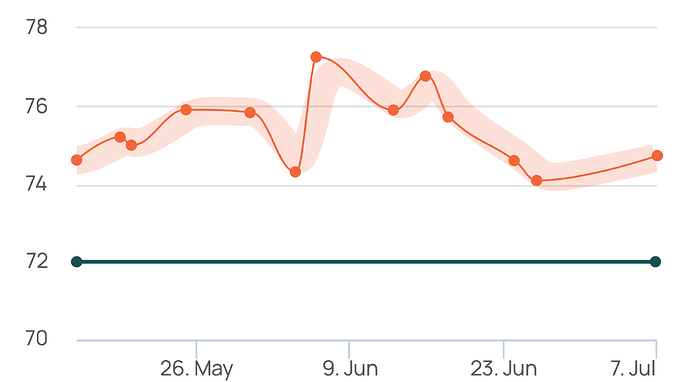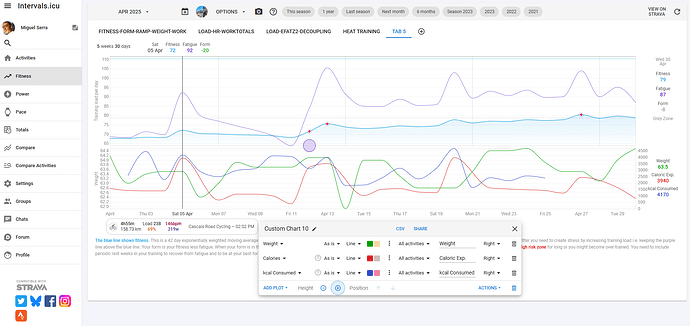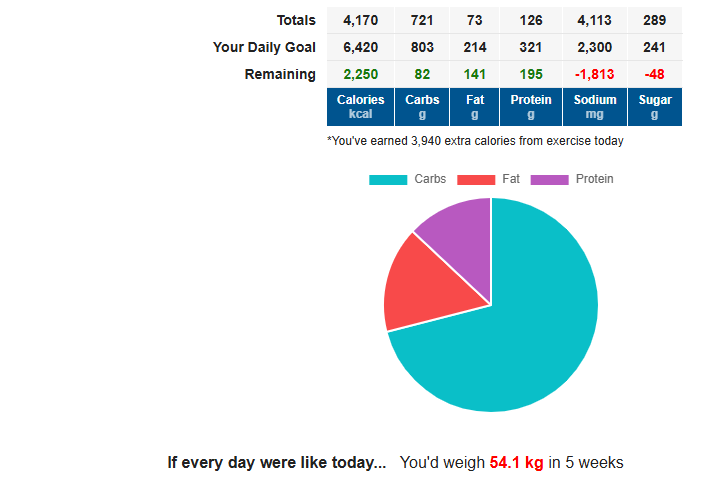Hello guys!
Not sure where to start, basically I’ve been a self coached athlete for a long time and this year I wanted to try to find some more gains and also relieve the time I was spending analyzing and scheduling my training, hence why I chose to sign up with TR.
I’ve created my Custom Plan with a few scheduled races with A,B and C priorities and I tried to be as compliant as possible with the plan.
Regarding training I also introduced this year 2 things that matter into the subject, Heat Training and Creatine.
For the Heat Training and trying to follow the Core Sensor protocols, I was choosing some other TR Alternative workouts with less duration so that I could get in around 45’ Heat Session right after the TR session in order to avoid overtraining and not to add stress to the plan.
In the picture below you can also see my last 2 years span of training as an overview, where the TR sign up is also marked. My ever best FTP is also highlighted in the picture which was achieved by the end of last season.
There are a few things that are now making me worried and starting to believe that might be the culprits of not evolving at this stage:
- I’ve mentioned starting to use Creatine at the start of this year (3gr/day), I thought my weight increase (as you can see in the picture) was caused by Creatine, but I stopped it by the end of April but there’s no effect on that, so Creatine is not the culprit of my weight gain. I could not also see improvements in short term power, despite breaking my record this season for 3 min (+4w)
- Heat Training should also bring some performance gains, I felt better in races for sure without being prone to cramps, but I could not see improvements in power. (I’ve been around 90-100% adapted in Core Temp App, I’m from Portugal so temperatures here around this time of the year are easy to keep these values high)
- Given my steady weight gain (let me also refer that my nutrition is the same as last years), the VO2 is getting lower and I suspect that it can be blocking my steady power values hence why I might be limited on increasing my FTP (was 318w but came down to 316w as TR AI suggests).
- Another thing that I’m thinking of and suspecting that’s causing the weight gain is the training volume that TR suggests, lower than what I was used to, even the easy/endurance workouts that recommend no longer then 1h30, I think that my body is not burning enough fat, hence the steady weight gain → lower VO2 → lower FTP ?!
Given these details, when I show up in races the results are far away from what I would like and given that the numbers are not improving, my motivation is getting knocked out, then it’s a snowball.
I understand the idea of less volume to avoid overtraining, but honestly, I’m a 39er software engineer and my daily job allows me to recover well from training, but I believe the low volume is getting me slower in this case.
For now I’ve changed the plan for the rest of the season, and I’m manualy increasing the volume at the weekly schedule, reducing the 3 intensity days to 2 intensity days but still pushing the plan approach to Agressive (as it was before).
This is also the time of the year where I’m used to raise my FTP (possibly because of our heated summer) so I’m hoping to see improvements and definetly start the weight loss phase, going back to Creatine again since it wasn’t the bad guy either.
2 or 3 more races to go and I would like to get good suprises there…but I don’t know…
If you guys want to discuss or help in some way, let’s go for it ![]()
![]()














